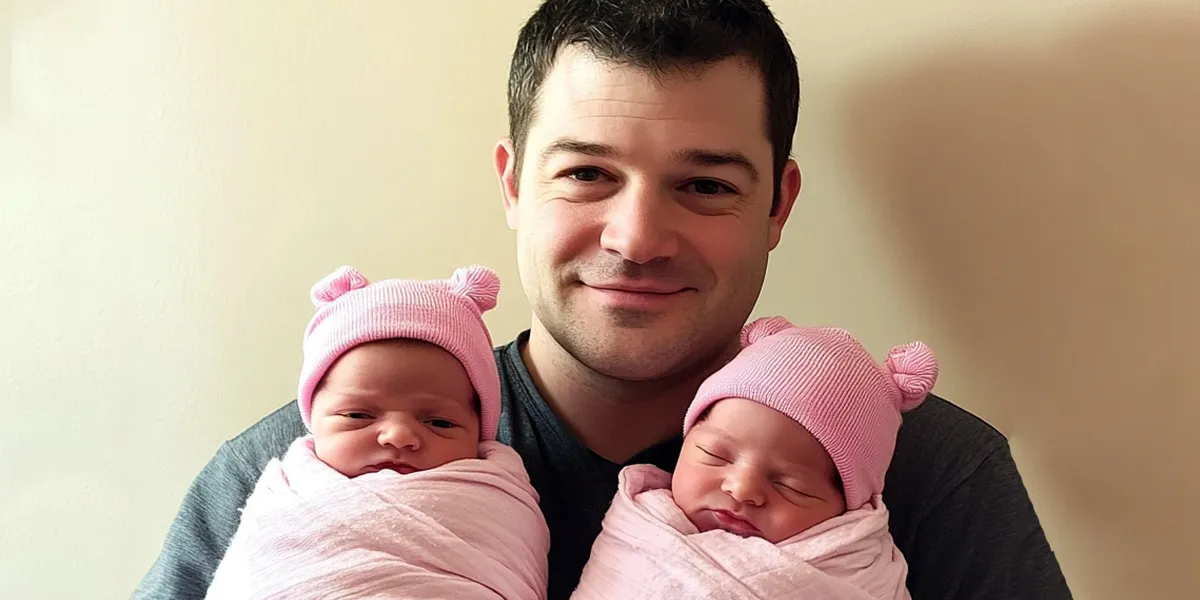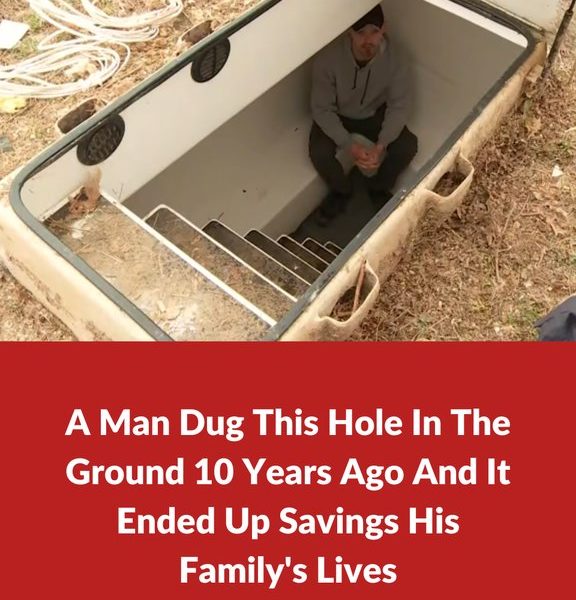My heart raced with joy as I drove to the hospital, ready to bring home my wife, Laura, and our newborn twins. Balloons danced in the car, and I pictured Laura’s smile at the nursery I’d prepared. After a grueling pregnancy and my mom’s constant opinions, she deserved happiness. But when I entered her room, my world shattered. The twins slept soundly, but Laura was gone, leaving a note: “I’m gone. Care for them. Ask your mother why this happened.”
The words stung, my hands trembling as I read them again. What did this mean? Laura had been okay, hadn’t she? A nurse came in, holding forms, and I asked, “Where’s my wife?” She paused. “She left this morning. Said you knew.” I showed the note, desperate. “She was quiet but fine,” the nurse said. In a fog, I took my daughters home, the note heavy in my pocket. How could Laura, my partner, vanish, leaving only this haunting message?

My mom, Susan, waited at home, holding a pot of chili, her face bright. “My grandbabies!” she said, reaching out. I pulled back. “Not now, Mom.” Her smile faded. “What’s wrong, Mike?” I gave her the note. “What did you do to Laura?” Her eyes widened, hands shaking as she read. “I don’t understand,” she said. “Maybe she’s emotional.” I snapped, “You always criticized her! Tell me!” She cried, “I just wanted to help,” but I turned away, her words unconvincing.
That night, with Mia and Ava asleep, I sat with a soda, staring at the note. Mom’s denials didn’t erase Laura’s words. I recalled her subtle digs at Laura, laughed off at the time. Had they hurt her? I searched Laura’s dresser, finding a letter in Mom’s handwriting tucked in a scarf. “Laura, you don’t deserve Mike. These babies trap him. Leave before you ruin them.” My heart broke. Mom’s hidden cruelty had pushed Laura away, and I’d been clueless.
At midnight, I confronted Mom, holding the letter. “How could you?” Her face drained. “I was protecting you,” she whispered. “She wasn’t good enough.” I shouted, “She’s their mother! You destroyed us. Get out.” Her sobs didn’t sway me, and she left. Raising twins was brutal—sleepless nights, endless cries. I called Laura’s friends, seeking clues. Her cousin, Amy, hesitated. “She felt trapped,” she said. “Your mom said the twins didn’t need her.”
The revelation crushed me. Why hadn’t Laura told me? Amy said she feared Mom’s sway. Months later, a text arrived—a hospital photo of Laura with the twins, captioned: “I’m not enough for them. Forgive me.” I called, but it didn’t go through. The photo fueled my search. On the twins’ first birthday, a knock came. Laura stood there, eyes teary, holding gifts. I hugged her, relieved. She shared how postpartum depression and Mom’s words overwhelmed her, but therapy helped her heal.
“I couldn’t stay,” she said, gazing at the twins. “But I’m here now.” I held her hand. “We’ll do this together.” Rebuilding was tough, but love and the twins’ laughter guided us. Laura’s return showed that even shattered families can heal with time, proving love’s power to mend broken bonds.


